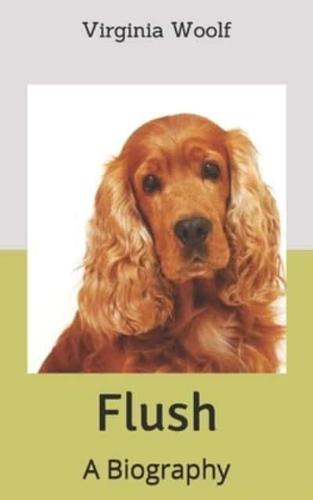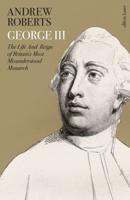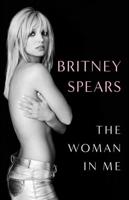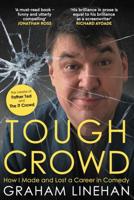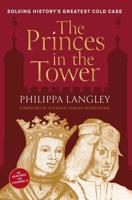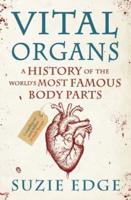Publisher's Synopsis
Flush: A Biography, an imaginative biography of Elizabeth Barrett Browning's cocker spaniel, is a cross-genre blend of fiction and nonfiction.Commonly read as a modernist consideration of city life seen through the eyes of a dog, Flush serves as a harsh criticism of the supposedly unnatural ways of living in the city. The figure of Elizabeth Barrett Browning in the text is often read as an analogue for other female intellectuals, like Woolf herself, who suffered from illness, feigned or real, as a part of their status as female writers. Most insightful and experimental are Woolf's emotional and philosophical views verbalized in Flush's thoughts. As he spends more time with Barrett Browning, Flush becomes emotionally and spiritually connected to the poetess and both begin to understand each other despite their language barriers. For Flush smell is poetry, but for Barrett Browning, poetry is impossible without words. In Flush Woolf examines the barriers that exist between woman and animal created by language yet overcome through symbolic actions.Virginia Woolf (January 25, 1882 - March 28, 1941) was an English novelist and essayist regarded as one of the foremost modernist literary figures of the twentieth century.During the interwar period, Woolf was a significant figure in London literary society and a member of the Bloomsbury Group. Her most famous works include the novels Mrs Dalloway (1925), To the Lighthouse (1927), and Orlando (1928), and the book-length essay A Room of One's Own (1929) with its famous dictum, "a woman must have money and a room of her own if she is to write fiction".


